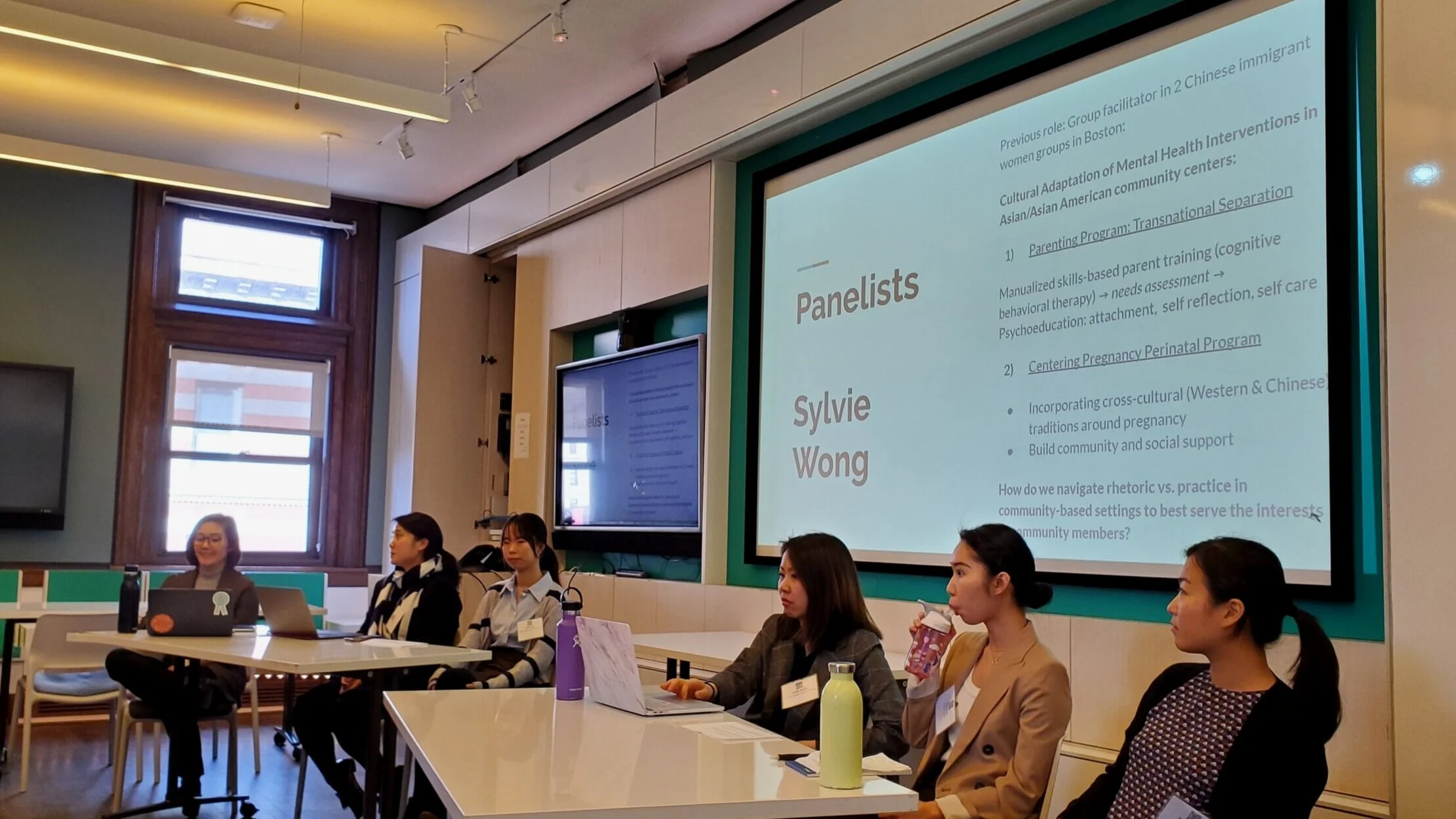International Convention of Psychological Science 2019
The CHamP Lab will be represented at the International Convention of Psychological Science (ICPS) 2019 in Paris, France from March 7-9, 2019. The abstract for the research poster presentation is below:
“Examining the Effects of Family Conflict on Child Behaviors in Asian Immigrant Families”
Presented by: Silvia Alves-Nishioka, Emily Hunt, Seoho Marie-Teresa Hahm, and Dr. Cindy Y. Huang.
The Asian population is the fastest growing racial group in the U.S., due mostly to immigrant families (Colby & Ortman, 2015). Yet, disparities in access/use of mental health treatments for Asian immigrant youth persist (Okazaki et al., 2014). Reasons for these disparities may include perceived cultural barriers such as stigma, loss of face, culturally unresponsive services (e.g. language, multicultural competency), limited access to care, and lack of awareness of mental health services (Abe-Kim et al., 2007). Research shows that family conflict has negative effects on adolescents’ well-being, increasing their risk for developing internalizing/externalizing problems (Formoso et al., 2000). However, few studies have focused on the impact of family conflict (FC) in Asian immigrant children, and little is known about how FC may impact child behaviors (CB) in this population. Among Asian immigrant families, differences in acculturation/enculturation levels between child and parents are associated with higher distress and intergenerational conflict (Park et al., 2010). It is necessary to isolate the effect of FC from parent’s mental health and acculturation levels; clarifying the specific associations between FC and CB (e.g., conduct problems, hyperactivity, emotional problems, peer problems) will serve to inform culturally responsive preventative interventions designed to improve parenting behaviors and family relationship for Asian immigrant families. Such interventions have shown promising results (Lau et al., 2010). This study examined the relationship between FC and CB in a sample of Asian immigrant families; FC is hypothesized to be significantly related to CB. Methods: Participants were Asian immigrant parents (n = 101) from an urban area in Northern California. Parents provided self-report data on their demographics, acculturation/enculturation, mental health distress, CB (e.g., conduct problems, hyperactivity, emotional problems, peer problems), and FC; measures were rated on a 5-point Likert scale (Table 1 and 2). Stepwise regressions were conducted in SPSS to determine the relationship between FC and CB for Asian youth. Results and Conclusions: Results show that conflict in Asian immigrant families was positively associated with child’s conduct (p < .05) and emotional problems (p < .01) after controlling for parent’s mental health and levels of acculturation/enculturation. The complete model indicates that family conflict is the only significant predictor for conduct and emotional problems. This finding suggests that the presence of family conflict affects child’s outcomes, regardless of parent acculturation/enculturation levels. Previous research has suggested that different levels of acculturation between parent and child are linked to increased distress in the child (Park et al., 2010). However, our findings indicate that family conflict is a significant predictor of child issues regardless of parent acculturation level. Asian immigrant parents may face difficulties in problem-solving and effectively communicating with their children, increasing FC. Culturally-informed interventions focused on promoting parenting skills have shown positive effects on family relationships (Lau et al., 2010). These findings suggest that while acculturation/enculturation are important processes for immigrant families, it may be worthwhile to culturally adapt interventions focused on improving parenting skills and family relationships to promote mental health among Asian youth.

